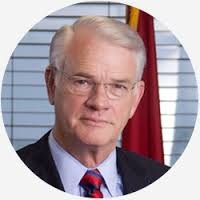THE PRESIDENTIAL ELECTION. Consider: As the year began, the idea of Donald Trump‘s becoming the Republican nominee for president was still considered somewhat fanciful — not to mention what seemed the remote prospect of his actually winning the presidency. But that general impression would change — and fairly rapidly.
It may be largely forgotten now, but Trump actually lost the Iowa Republican caucuses, first trial vote of the year, to arch-conservative Texas Senator Ted Cruz. And when I made my quadrennial visit to New Hampshire to check out the candidates, both Democratic and Republican, I had my doubts about The Donald. In my first online report from New Hampshire, on February 8th, here’s part of what I said:
“But for all the polls that still have Trump way ahead of his GOP rivals — by something like 20 points, at last reckoning — I wouldn’t be surprised if he ends up suffering another major embarrassment like that which befell him in his second-place finish to Ted Cruz in Iowa last week.
“So far I’ve only seen him in action in Saturday night’s debate of the remaining Republican contenders in Bedford, and, in all honesty, it was difficult to see Trump as a major figure in that event, or, for that matter, retrospectively over the course of the debates and cattle-call forums to date.”
I began to be disabused of that foolish conclusion (“foolish” because I mistook Trump’s lack of attention to issues in a debate to be a disqualifier) when I traveled through a blizzard to see his magic with crowds — and his fundamental uniqueness — at an indoor mega-rally in the state capital of Manchester the very next night.
That was the night that Trump shattered all verbal precedent by referring to Cruz, at the time his major GOP opponent, as a “pussy.” Granted, he was just channeling what he’d heard a woman supporter call out from the crowd, but still …
My online take: “The battle lines are now clear on an issue, perhaps the defining one, of Trump’s campaign — that of political correctness. Oh, go ahead and heap some other adjectives on: Social correctness. Verbal correctness. Philosophical correctness. What you will. The man is come not to uphold the law but to abolish it.
“In a campaign based on the most broad-brush attitude imaginable toward political issues, it is Trump’s fundamental iconoclasm that stands out. Be it ethnic groups, war heroes, disabled persons, gender equities, or linguistic norms, Trump is dismissive of all protocols.”
Trump won New Hampshire, easily, and, from that point on, was basically on a roll. He had the obvious aura of a winner by the time he took his road show to Shelby County on February 28th, appearing before a crowd of thousands gathered at a Millington hangar.
From my report: “The crowd, which was plainly not the usual muster of political junkie-dom (though any number of local GOP regulars could be spotted here and there) was uproariously with him … chanting “Win! Win! Win!” [W]hen, as often happens at one of his rallies, a protester began to chant against him from inside the hangar, he calmly directed the crowd to ‘get him out’ but ‘don’t hurt him.’ And so the crowd did, with its counter-chant morphing from ‘Trump! Trump! Trump!’ to ‘Win! Win! Win!’ And finally to ‘U.S.A.! U.S.A.! U.S.A.!’
“Call it what else you will, but this is a movement.”
And a movement it would remain, all the way through Trump’s primary victories, a turbulent GOP convention in Cleveland, and a rancorous fall campaign against overconfident Democratic nominee Hillary Clinton.
Finally, there was the astonishing moment of truth, agonizing for so many, galvanizing for so many others, that was summed up by the now famous Flyer cover of the November 10th issue, showing a victorious Trump in profile over a capitalized caption: “WTF?”
And those bare letters (understandably controversial at the time, though they merely used a common cyber-motif to express a shocked befuddlement that we suspect was experienced by Trump himself) continue to express our — and the world’s — uncertainty as we await the forthcoming reign of The Donald.
OTHER ELECTIONS: Most local interest was focused on the hotly contested Republican primary for the 8th Congressional District seat vacated by U.S. Representative Stephen Fincher of Frog Jump. A large field competed, including several local politicians. In the end, former U.S. Attorney David Kustoff would come from behind and edge out runner-up George Flinn, the wealthy businessman/physician who had previously served on the Shelby County Commission. Kustoff easily defeated Democrat Rickey Hobson in November.
STATE POLITICS: The prevailing fact of life in state government in 2016 was the same-old, same-old domination of all affairs by a Republican super-majority in the legislature. The upset victory in November of Democrat Dwayne Thompson over GOP state Representative Steve McManus was one of the few circumstances to counter the trend.
An early excitement in Nashville was the deposing of sexual predator Jeremy Durham (R-Franklin), first, from his perch in the GOP leadership, then from his party’s caucus, and, finally, from the General Assembly itself through expulsion.
From Memphis’ point of view, the crowning moment of the legislature had to be the dramatic turnaround of a stealth de-annexation bill that was on the very brink of detaching from Memphis every territory annexed by the city since 1998. A concerted last-ditch effort by a coalition of city interests turned the tide and diverted the measure to the limbo of summer study.
From my article on that outcome: “‘We really had no idea this was going to happen. But it was the best possible result, obviously. This is really a victory for the entire state,’ said Phil Trenary, the Greater Memphis Area Chamber of Commerce head who had been in Nashville last week and this week opposing the bill.”
The issue of de-annexation is not dead, however. It was the subject of serious examination by local governmental task forces, and it will almost certainly return to the legislative calendar in 2017.
CITY AND COUNTY POLITICS: The first day of the year saw the inauguration of a new mayor, former Councilman Strickland, and of six new council members. One sentence of Strickland’s well-received inaugural address expressed a painful reality: “We are a city rife with inequality; it is our moral obligation, as children of God, to lift up the poorest among us.” Another acknowledged a problem that still remains: “We will focus on the goal of retaining and recruiting quality police officers and firefighters, knowing public safety is at the forefront of rebuilding our city.”
A new police director, Michael Rallings, was appointed from the department’s ranks, as the city confronted an alarming rise in homicides.
Late in the year, Strickland launched a “Memphis 3.0” initiative to devise a new long-range plan for the city via a series of neighborhood meetings.
The dominant motif of the Shelby County Commission’s year was a back-and-forth power struggle with Shelby County Mayor Mark Luttrell, focused on such matters as control of fiscal policy and the commission’s desire to have its own attorney, distinct from the county attorney’s office. The matter was one of several still hanging fire at the end of the year, though Terry Roland, of Millington, commission chair for much of the year, led the way with Heidi Shafer in getting a referendum passed extending the commission’s advise-and-consent power to the firing as well as the hiring of a county attorney.
Roland made it clear that he intended to run for county mayor himself in 2018, with another likely entry being that of County Trustee David Lenoir. Meanwhile, Linda Phillips became the new county election administrator.
OTHER DEVELOPMENTS: The city council approved a measure to liberalize the penalties for marijuana possession. The Shelby County Commission failed to follow suit, and state Attorney General Herb Slatery’s opinion that state policy prohibited such local ordinances doused expectations, but reports were that medical marijuana might have new life in next year’s General Assembly.
At year’s end, a major argument had erupted between local environmentalists and TVA over the authority’s intent to drill wells into the Memphis Sand aquifer in order to cool a forthcoming new power plant. Watch this space.
 Jackson Baker
Jackson Baker 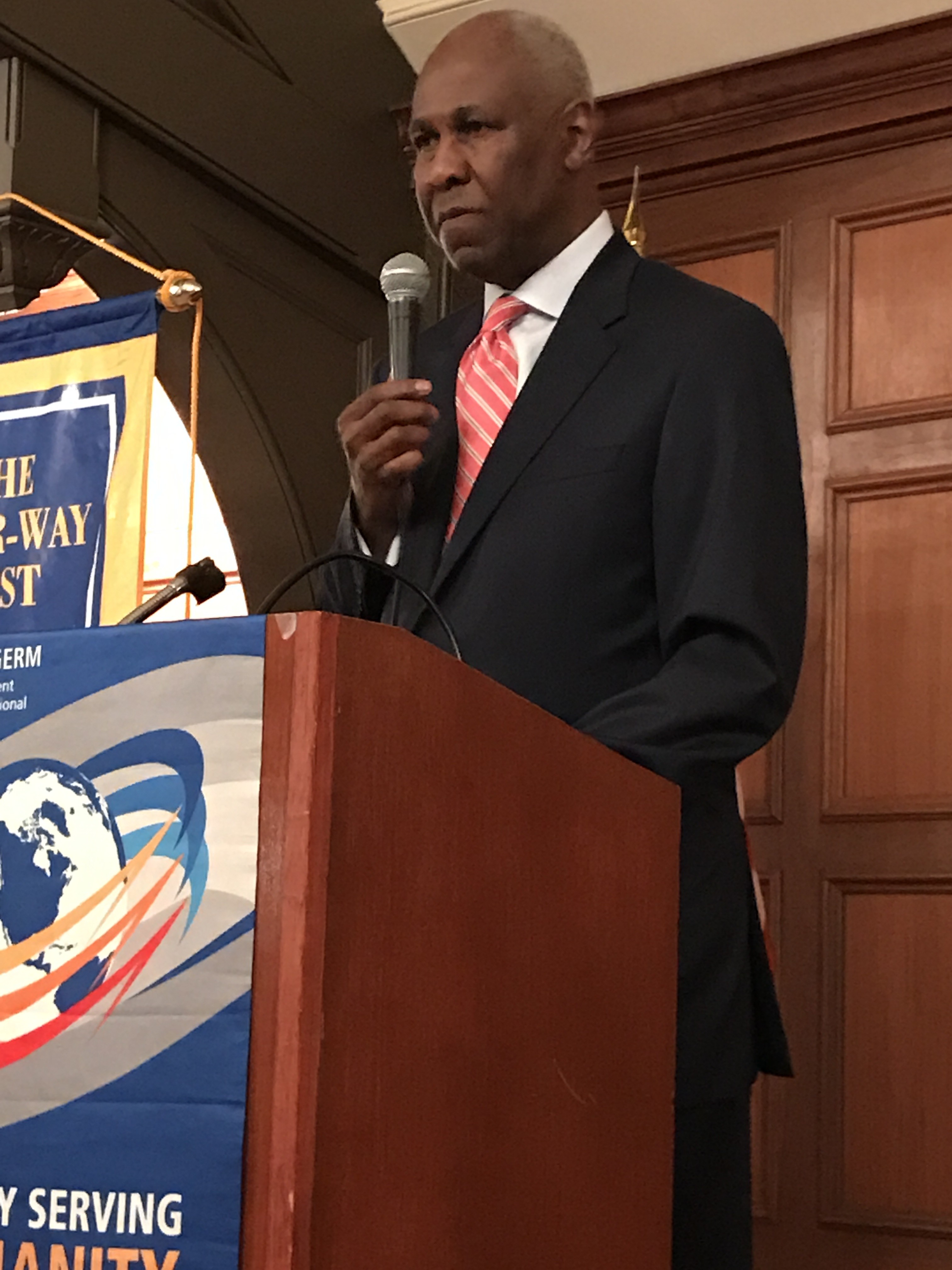 Jackson Baker
Jackson Baker 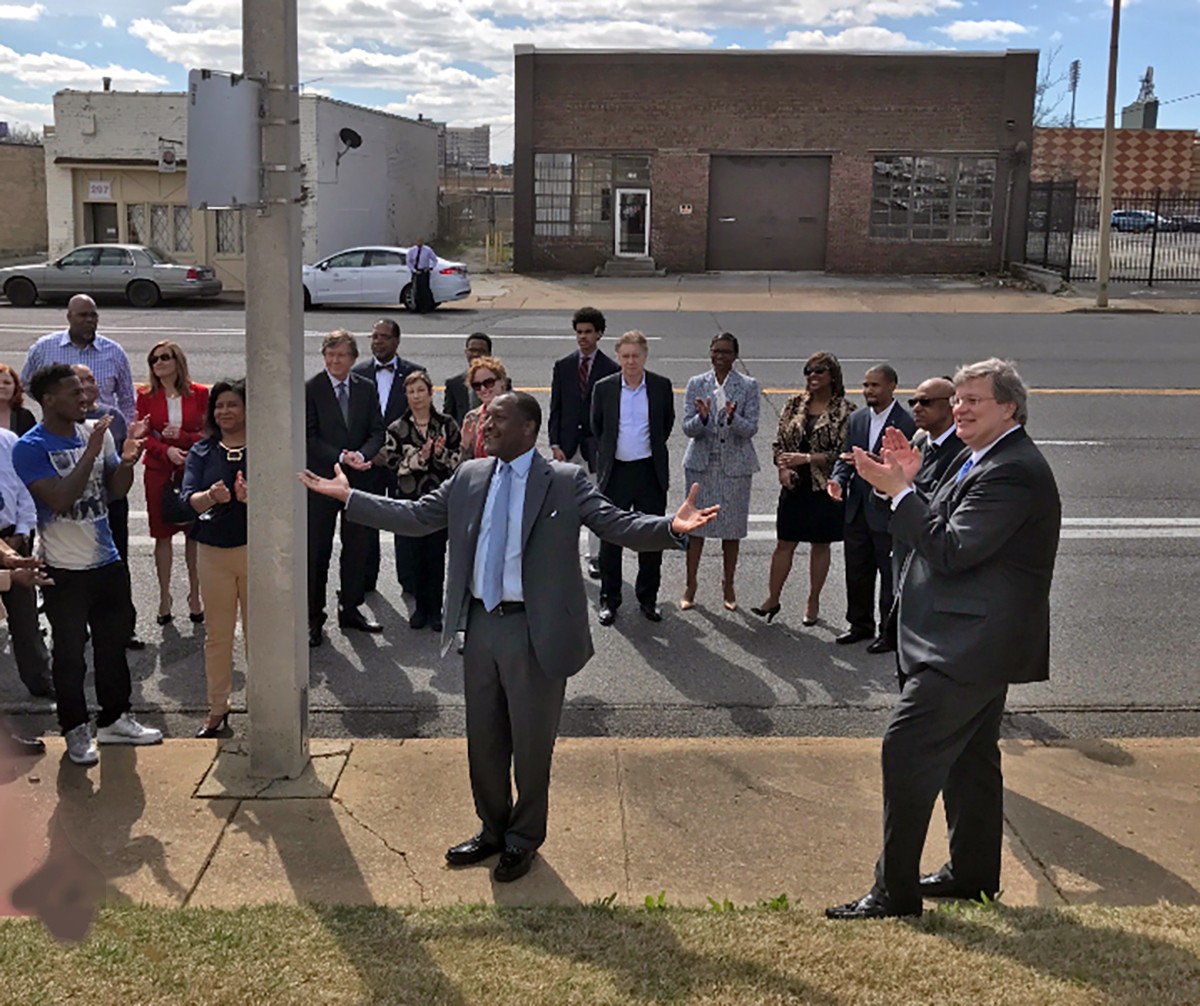 Jackson Baker
Jackson Baker 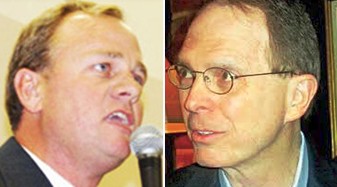 JB
JB 
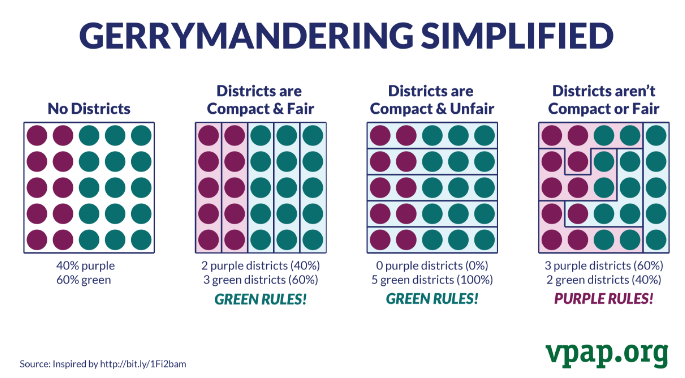

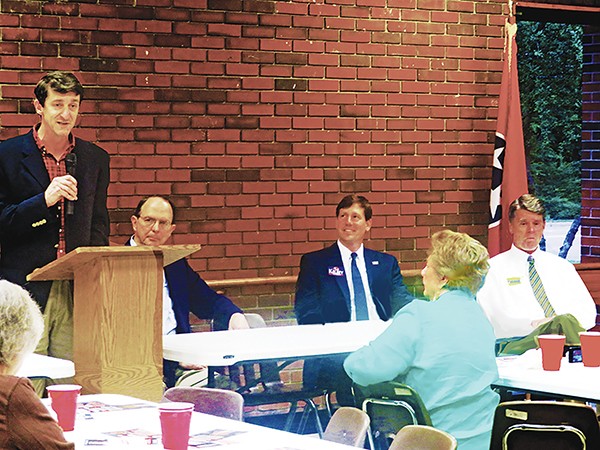 Jackson Baker
Jackson Baker 